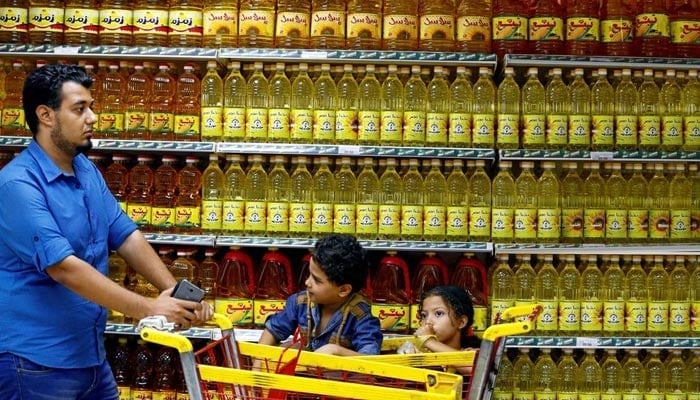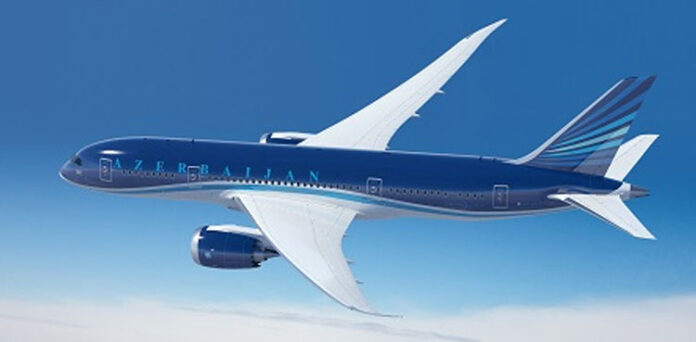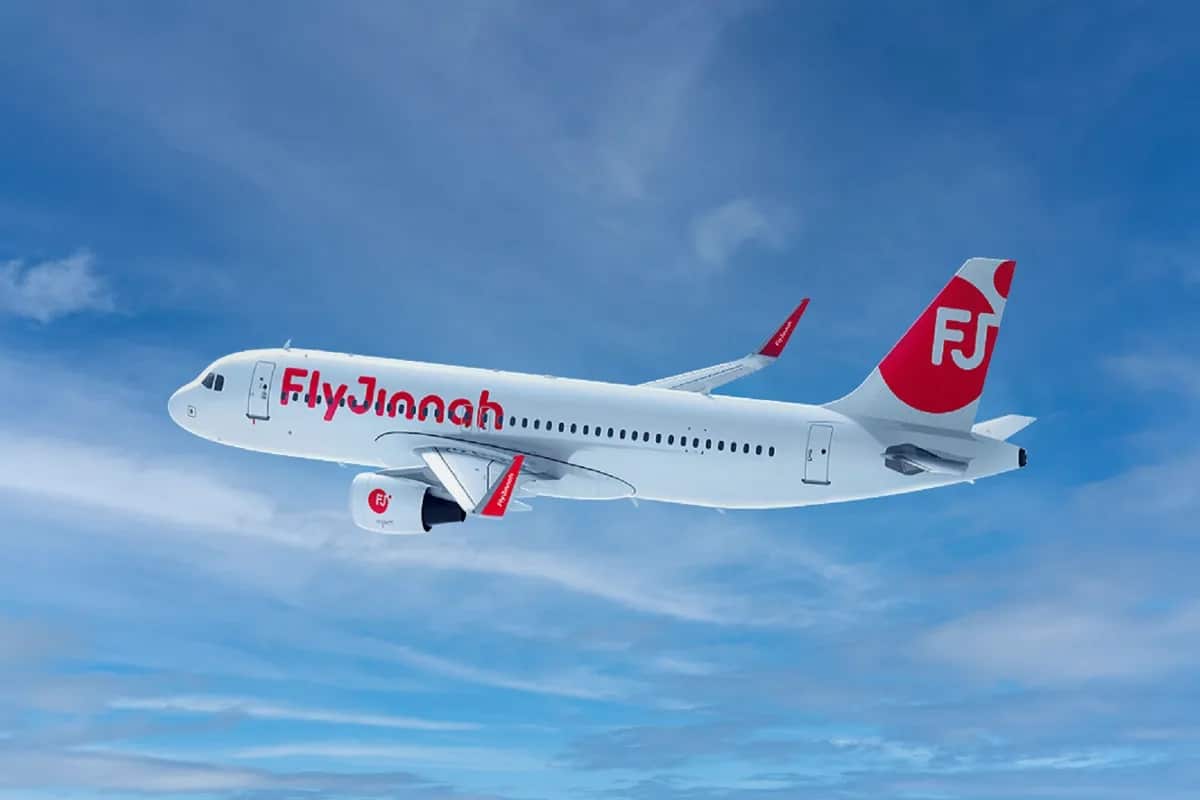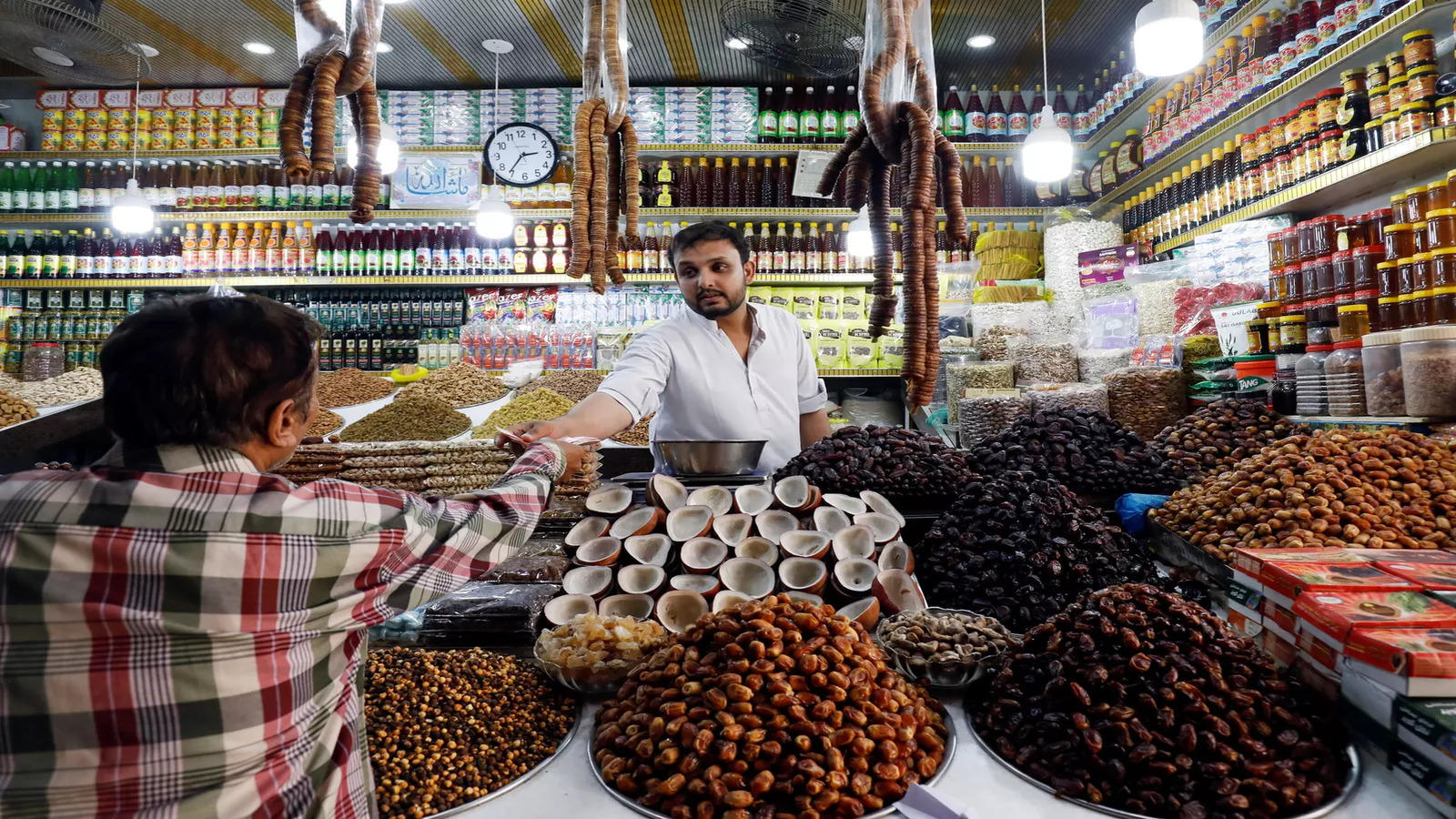- Edible oil importers, ghee manufacturers told their LoCs can’t be opened at interbank exchange rates.
- Banks willing to do business if importers open letters at Rs250 per dollar.
- PVMA chairman requests SBP to address issue immediately.
LAHORE: Commercial banks are refusing to issue letters of credit for edible oil imports despite the exclusion of the sector from the condition of prior permission from the central bank, The News reported Friday.
Edible oil importers and ghee manufacturers have been informed unofficially that their letters of credit cannot be opened at the interbank exchange rates. However, the commercial banks were very much willing to do business with these importers if they were willing to open credit letters at Rs250 and above the exchange rate against a dollar.
Pakistan Vanaspati Manufacturers Association (PVMA) Chairman Sheikh Abdul Razzaq in a letter to the State Bank of Pakistan (SBP) governor said that “the ‘Commercial Banks’ are conveying to the importers-cum-manufacturers of edible oil that with immediate effect the edible oil has been excluded from the list of ‘Essential Items’ and hence turning down the requests for opening of L/Cs/retirement of documents”.
He further mentioned that the un-hindered opening of letters of credit/retirement of documents was inevitable. It should be given priority as accorded by SBP earlier vide EPD circular letter no. 20 of 2022 dated December 27, 2022 to avoid any crisis in the country, which could lead to increase in prices of cooking oil/ghee and shortage due to non-availability of the raw material (edible oil).
Pakistan imports 90% of its edible oil demand to meet the national requirement of over 4.5 million metric tonnes per annum. The existing domestic stocks are sufficient to meet the demand for only three to four weeks. However, the interruption in opening letters of credit could disrupt the smooth supply line and result in market disruption.
PVMA chairman requested the SBP to address the issue immediately and set aside the likely panic in the market, which might translate into a price hike, hoarding or retarded imports resulting in shortages.
“The industry is experiencing a unique and unprecedented kind of challenge wherein despite of sufficient stocks discharged in custom bonded warehouses at Karachi, it is unable to lift them due to refusal by banks to retire the documents,” he said.
Razzaq urged the SBP to direct the ‘commercial banks’ to honour the edible oil importers requests for credit letters and further inform the general public through media campaigns.

 Education2 days ago
Education2 days ago
 Business2 days ago
Business2 days ago
 Business2 days ago
Business2 days ago
 Latest News2 days ago
Latest News2 days ago
 Latest News2 days ago
Latest News2 days ago
 Latest News2 days ago
Latest News2 days ago
 Latest News1 day ago
Latest News1 day ago
 Latest News2 days ago
Latest News2 days ago





















